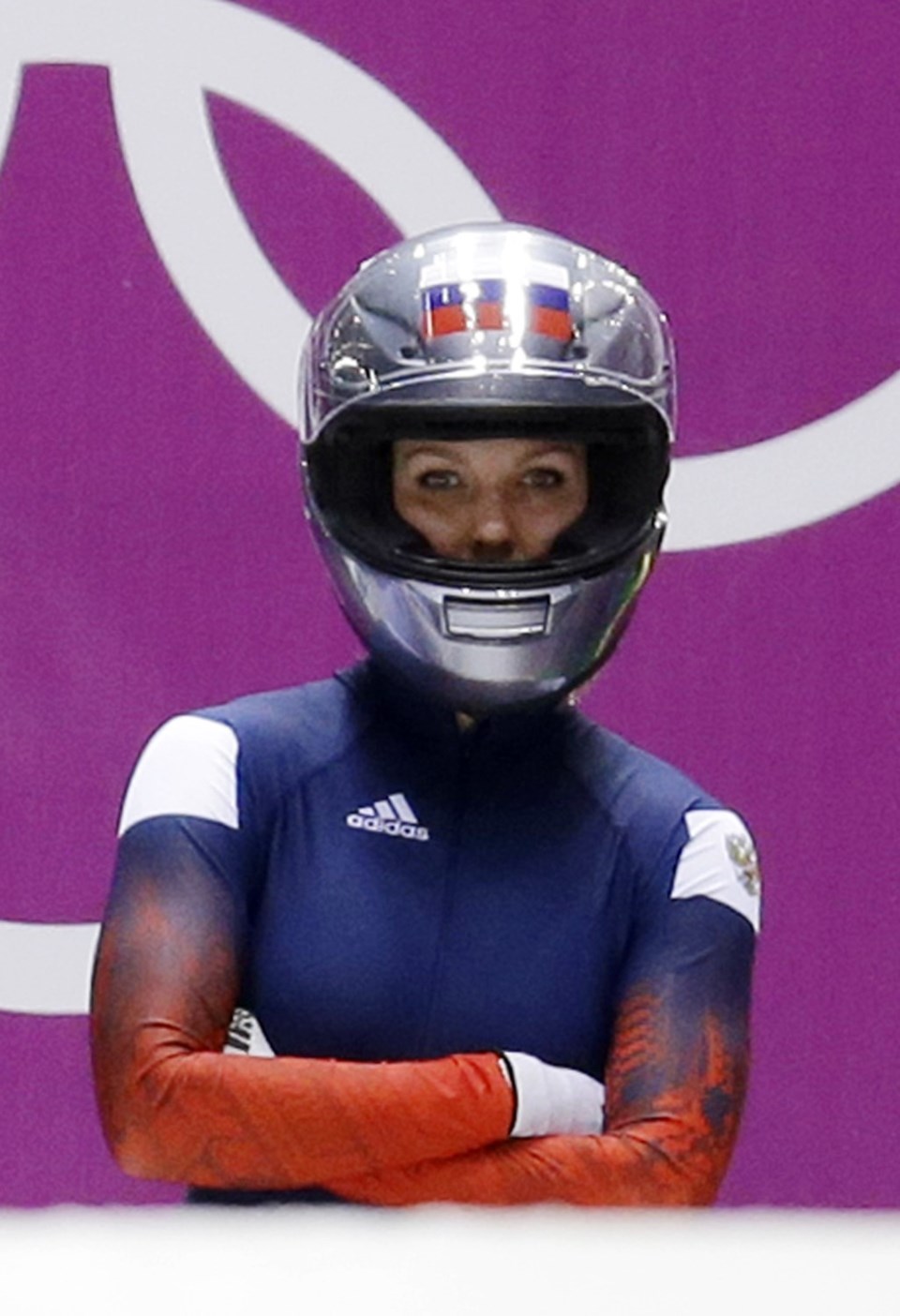BEIJING (AP) â Kamila Valieva was back on the Olympic ice at the Beijing Games for the individual competition Tuesday, hours after details of her legal defense in a doping case were revealed.
Lawyers for the 15-year-old Russian figure skater argued contamination from the heart medication trimetazidine her grandfather was taking caused the positive test in a sample taken weeks before the Olympics opened.
The argument was made at the late Sunday night, according to IOC member Denis Oswald, a veteran sports lawyer and judge in previous Russian doping cases.
Oswald confirmed lawyers for Valieva âpresented elements that brought some doubts about her guiltâ â a factor which helped persuade the three CAS judges to let her continue to compete at the Olympics.
Valieva is favored to add the Olympic title Thursday to the with the Russians last week. Neither medal will be presented in Beijing by the IOC because the Olympic body is waiting for the longer-term investigation of her doping case to play out.
Here's a look at what we know about Valieva's legal issues.
WHAT IS THE DRUG?
is a metabolic agent that can help prevent angina attacks if used as an âadd-on treatment,â according to the European Medicines Agency.
It can increase blood flow efficiency and improve endurance â both crucial to any high-end athletic performance.
The European agency recommended in 2012 that doctors no longer prescribe trimetazidine for âtinnitus, vertigo and visual-field disturbances.â
It is on the prohibited list managed by the World Anti-Doping Agency in the category of âhormone and metabolic modulators.â
DOES IT WORK?
The drug shows a small improvement in exercise tolerance for older patients who already have severe heart disease, doctors in Russia told The Associated Press.
âThe medicine wasnât, of course, tested on athletes, and it wasnât designed for athletes,â said Dr. Anton Rodionov, a prominent cardiologist in Moscow.
Alexei Erlikh, head of cardiac ICU at Moscow Hospital No. 29, said trimetazidine was once heavily promoted in the country by a manufacturer so âits use in Russia is catastrophically huge.â
The effect of the drug on healthy people â like a 15-year-old elite athlete â is likely to be âsmaller than small,â Rodionov said.
âBut on the other hand, we understand that high-achieving athletes are fighting for every millisecond, for every 0.0001%, believing, as some say, that every speck of dust is a vitamin pill,â Rodionov said.
PREVIOUS DOPING CASES
The most famous case of trimetazidine in sports doping involved Chinese swimmer Sun Yang.
The three-time Olympic champion served a three-month ban in 2014 in a ruling that was published by Chinaâs anti-doping agency only when it was over.
That was Sunâs first doping offense. He was , and more high-profile, offense of refusing to cooperate with a sample collection team at his home in China.
Russian bobsledder at the 2018 Pyeongchang Olympics. She was disqualified from the two-woman bob event and served an eight-month ban. Sergeeva is back at the Beijing Olympics and placed 10th in monobob on Monday.
WHEN DID VALIEVA TEST POSITIVE?
Valieva won the womenâs individual event at the Russian national championships on Dec. 25 in St. Petersburg.
The urine sample taken that day by the Russian anti-doping agency, known as RUSADA, was sent to a WADA-authorized laboratory in Sweden. Russia does not have its own accredited lab. The discredited Moscow operation was shut down after Russia's state-backed doping scandal broke in 2015.
When Valieva's sample was sent and when it arrived in Stockholm has not yet been stated publicly.
The turmoil at the Olympics came because the Stockholm lab didn't flag up the positive test until Feb. 7, hours after Valieva's standout skate in team event helped the Russians take gold.
In defense of its lab, WADA has said Russian officials failed to label the batch of samples as a high priority for analysis so close to the Winter Games. Only priority tests were being handled while the lab was short-staffed during a January wave of COVID-19 cases.
WHO IS HANDLING THE CASE?
The legal process in Beijing became one of the biggest stories of the Olympics.
RUSADA is responsible for the pre-Olympic sample and was obliged to impose a provisional ban on Valieva. That was done last Tuesday, and lifted one day later when an appeal on Valieva's behalf was upheld by a RUSADA disciplinary panel.
That triggered appeals by the IOC, WADA and the International Skating Union to the Court of Arbitration for Sport's special Olympic operation in Beijing. They asked for a new interim ban, which would effectively end the Olympics for Valieva.
After a nearly six-hour hearing through Sunday night, the victory for Valieva was announced Monday afternoon.
A full doping investigation of the doping case will be prosecuted by RUSADA and include Valieva's entourage. WADA is watching closely and can appeal against any Russian verdict.
The likely path is another hearing at CAS in Lausanne, Switzerland, with a different panel of three judges. That would take at least several months to stage.
Only when the process is over at CAS will there be clarity for the result of Valieva's events in Beijing and who gets the medals. A further appeal on narrow procedural grounds is also possible at Switzerland's supreme court, also in Lausanne.
AGE IS A FACTOR
Valievaâs age can give her exemptions and leniency as a âprotected personâ in the .
An investigation of âathlete support personnelâ is mandatory when a protected athlete is implicated in a doping case.
If doping is proven, a 15-year-old athlete like Valieva faces a maximum two-year ban instead of four. The minimum sanction is no ban and a reprimand "depending on the protected ... athleteâs degree of fault.â
___
Litvinova contributed from Moscow.
___
More AP Winter Olympics: https://apnews.com/hub/winter-olympics and https://twitter.com/AP_Sports
Graham Dunbar And Dasha Litvinova, The Associated Press


